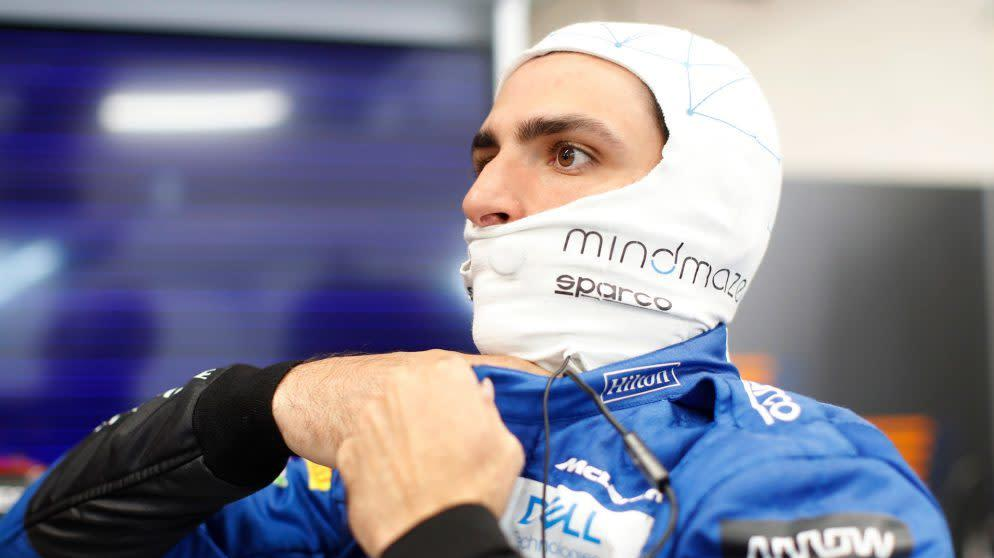The Formula One Machine Won't Stop For A Broken Cog
On Tuesday, Formula One announced a plan to return to racing next month. The plan involves eight rounds at six tracks in continental Europe and the UK taking place over July, August, and September. The races will happen without fans in the stands, and the series says it will operate 'under the strongest safety procedures.' Later in the day, F1 CEO Chase Carey confirmed that the races will go on even if drivers get sick or teams withdraw.
The sport has put together a book of guidelines for teams to follow to keep the paddock as safe as possible, including regulations on how to travel, how to check into your hotel, and even how to pee. The problem here is that regulations frequently go unfollowed and humans are fallible. Three months of travel in Europe isn't as outright dangerous as it would have been a month ago, but it's not without potential complications.
Think back to the Australian Grand Prix. The first team to speak up about the danger involved was McLaren, having reported some of its team members testing positive for coronavirus infection. Before the cars even rolled out to the grid, the Papaya Orange team had withdrawn from the Grand Prix. A fiasco unfolded over four days, with the Aussie GP eventually cancelled on free practice Friday.
F1 is determined to not let that last part happen again, no matter what happens. The series will be testing everyone on the team for coronavirus before they travel to the Grand Prix complex, and that testing will be conducted every two days while team members are on site. If any of them test positive, they will be required to quarantine.
Chase Carey had this to say in a statement released on F1.com Thursday: "An individual having been found with a positive infection will not lead to a cancellation of a race," he said. "We encourage teams to have procedures in place so if an individual has to be put in quarantine, we have the ability to quarantine them at a hotel and to replace that individual.
"Some things we'd have to talk through and work through. The array of 'what ifs' are too wide to play out every one of them, but a team not being able to race wouldn't cancel the race. I don't think I could sit here and lay out the consequences. But we will have a procedure in place that finding infection will not lead to a cancellation. If a driver has an infection, [teams have] reserve drivers available.
If your tire changer gets sick, sure, that can be worked around. Draft someone into the pit stop team from elsewhere in your crew. But if Lewis Hamilton gets sick, will Mercedes be happy to simply plug Stoffel Vandoorne into his seat?
Assuming a driver gets sick, how hard will they work to hide their symptoms? Will the teams try to fake test results? Teams go to great length to earn world championship points, and this could be a potentially dangerous game played inside the F1 grid.
There are plenty of eventualities that could play out here. Obviously the one we're all hoping for is that it is done safely and nobody in the paddock gets sick. But, there's always the potential for serious harm to the global motorsport community. What if teams do start dropping out? At what point will the GP be cancelled? Will it take Ferrari and Mercedes and Red Bull pulling out to pause the race, or will that just be an opportunity for Esteban Ocon to win one for Ol' Yeller?
The United Kingdom, Spain, Italy, and Germany are all countries that have been highly affected by the spread of this virus. While Europe has managed to largely quell this pandemic in their countries, bringing in thousands of people from all over the world to facilitate an F1 race could be cause for concern.
The Formula One paddock is an international entity with racers, team members, and media from all over the world. I'd be afraid to so much as board an airplane right now. There isn't enough money in the world to risk three months travelling Europe with 2000 of my closest friends.
